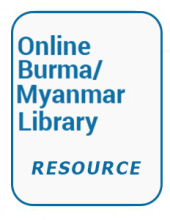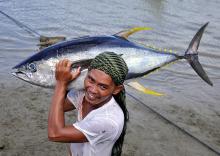Land Library
Bienvenue dans la bibliothèque du Land Portal. Explorez notre vaste collection de ressources en libre accès (plus de 74 000), comprenant des rapports, des articles scientifiques, des articles de recherche, des publications évaluées par des pairs, des documents juridiques, des vidéos et bien plus encore.
/ library resources
Showing items 1 through 9 of 110.In a long-term project in Kenya, the Swiss-based Research Institute of Organic Agriculture has examined the potential of organic and conventional agriculture regarding soil fertility, the occurrence of pests and diseases, and profitability.
A project in Burkina Faso has given a clear demonstration of what supporting family farms can achieve in terms of poverty alleviation and rural development. One important success factor was the transfer of land to farmers, accompanied by a secure land-tenure policy adapted to their needs.
Snakebites are a crucial, yet underreported issue in many South Asian countries. In India, they kill some 50,000 people every year. However, the government has neglected the issue. Now, it’s time to seriously address this all but forgotten public health problem, our author maintains.
Fish farming (aquaculture) is important to Myanmar’s food security and is developing and
transforming quickly. This study presents findings from a new field survey of the farmed
fish value chain that is more detailed and broader than any previous study conducted in
... In 2014, Myanmar(Burma)confounded industry analysts by emerging to become the World's third biggest tin producer, experiencing a 5-year tin production increase of ca.4900%.
Fishery plays a crucial role in poverty and hunger alleviation. It is therefore all the more important to secure the long-term conservation of fish stocks as a natural resource and to ensure fair access to them.
The global demand for fish and fish products is continuously increasing. However, fisheries management is still insufficient, leading to over-exploitation, illegal fishing and massive post-harvest losses. Our authors describe what has to be done.
Aquaculture holds a big potential to satisfy the growing demand for aquatic food. Setting out from lessons learnt in past development projects, our author describes what fish farming systems must look like to fit the needs of smallholders and the environment.
A project run by the WWF has set itself the goal of transforming Philippine tuna fisheries towards more sustainable practices, securing the livelihoods of the small-scale fishers in the long term. European buyers who have committed to source from them provide the necessary incentives.








